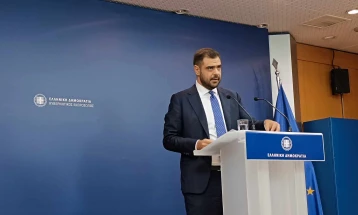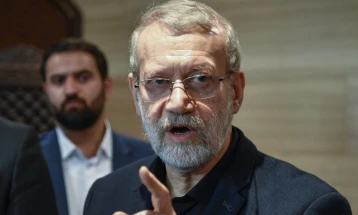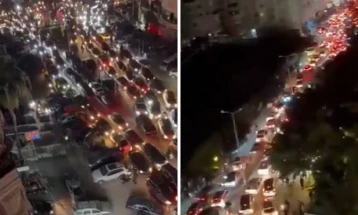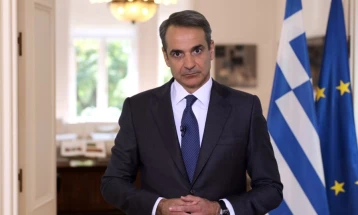EU court: Commission's Covid-19 vaccine purchases lacked transparency
- A European Union court ruled on Wednesday that the European Commission had failed to give the public sufficient access to the purchase agreements for Covid-19 vaccines.
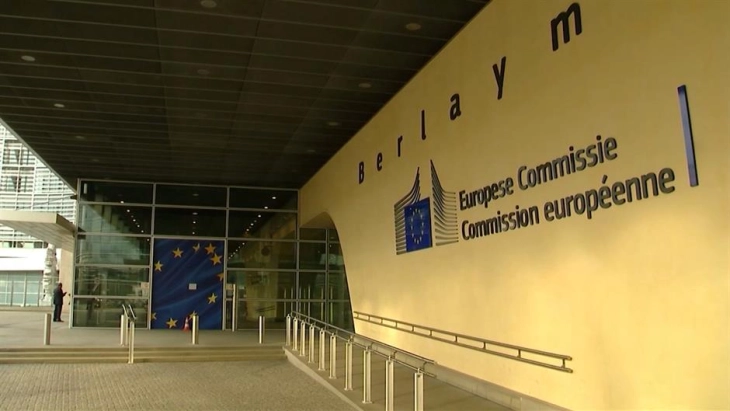
Luxembourg, 17 July 2024 (dpa/MIA) - A European Union court ruled on Wednesday that the European Commission had failed to give the public sufficient access to the purchase agreements for Covid-19 vaccines.
EU lawmakers and citizens asked the commission to publish the agreements under the bloc's freedom of information laws, but the commission only released redacted versions, so they took legal action.
The court's decision is a blow to commission President Ursula von der Leyen, whose conduct in procuring the vaccines has come under scrutiny, particularly due to the commission's refusal to release messages she exchanged with Pfizer chief Albert Bourla.
Von der Leyen needs to win a majority vote in the European Parliament on Thursday to remain in office after her term expires later this year.
The EU General Court ruled on Wednesday, in two separate cases that did not directly concern the messages with Bourla, that the commission had failed to demonstrate that the redaction of certain clauses in the agreements was justified.
For example, the commission blacked out clauses concerning indemnity for pharmaceutical companies in the event that the vaccines are defective.
The court said that the provisions belong in the public domain because EU member states had endorsed the justification for them - that is, to compensate companies for the risks of shortening development time. It said the commission had failed to demonstrate that making these provisions public would harm pharmaceutical companies' commercial interests.
Judges also said the commission had not sufficiently explained its decision to redact the contractual definitions of "wilful misconduct" and "best reasonable efforts."
Additionally, the commission redacted the provisions on the donation and resale of vaccines. But again, the court said the EU executive failed to show how releasing these would harm companies' commercial interests.
The commission also expunged the personal information of its negotiating team on privacy grounds, but the judges ruled that the public interest outweighed the privacy concerns. The names and job titles of the negotiators were necessary to determine whether they had conflicting interests, the court said.
"Victory before the [EU court]!" wrote EU lawmaker Jutta Paulus, one of the plaintiffs, on X. "[The European Commission] must provide [the European Parliament] access to all relevant information when it comes to joint procurement of vaccines," wrote Paulus, a member of Germany's Greens.
The commission has two months and 10 days to appeal the decision in the EU's top court, the Court of Justice.
In a statement, the commission said it "reserves its legal options."
The EU executive underscored that the court upheld most of its redactions, such as the location of vaccine production sites and provisions on intellectual property.
"It has only partially upheld the legal action on two points," the EU commission wrote of the court's judgement.
"It has ruled that the commission should have provided more explanations to justify refusing access to certain provisions in the contracts.
"It has also ruled that the commission should have provided the personal data related to the members of the negotiation teams, composed of member state representatives and commission officials."
Among the plaintiffs was EU lawmaker Michèle Rivasi, a French Green politician who died in November, aged 70. "This victory is thanks to Michèle Rivasi. RIP," wrote Paulus on X.
MIA file photo

